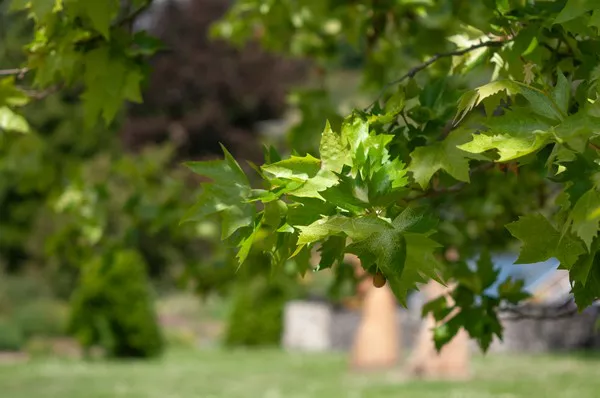Forests, often referred to as the lungs of our planet, play a critical role in maintaining ecological balance, fostering biodiversity, and regulating climate. Despite covering approximately 30% of the Earth’s land area, forests are not distributed uniformly across the globe. This article takes a comprehensive dive into the top six countries that collectively steward more than half of the world’s forested land. From the expansive boreal forests of Russia to the lush Amazon rainforest of Brazil, these nations hold the key to global environmental health and sustainability.
Top 6 Countries Holding Over Half of the World’s Forested Land
1. Russia:
Russia, the largest country on Earth, is also the guardian of the world’s largest forested expanse. With a staggering 20.2% of the global forest area, Russia’s boreal forests in its northern territories cover over 809 million hectares. This vast woodland, predominantly consisting of larch, pine, spruce, and fir trees, plays a crucial role in carbon sequestration and houses a diverse array of wildlife. While the boreal forests are essential for global ecological balance, Russia faces challenges such as illegal logging, mining, and forest fires that threaten the integrity of this critical ecosystem.
2. Brazil:
Brazil, with 12.2% of the world’s forested land, hosts the iconic Amazon rainforest, often referred to as the “lungs of the Earth.” Spanning nearly 519 million hectares, the Amazon is the largest tropical rainforest globally, home to unparalleled biodiversity. However, Brazil grapples with escalating deforestation rates driven by logging and land-clearing activities. Preserving the Amazon is not only crucial for the countless species that call it home but also for its role in climate regulation, acting as a significant carbon sink for the planet.
3. Canada:
Canada, covering 8.6% of the global forest area, boasts approximately 310 million hectares of pristine wilderness, primarily consisting of boreal forests. This vast expanse plays a vital role in regulating climate, purifying air and water, and providing habitat for diverse wildlife, including bears, wolves, and caribou. While Canada has a strong tradition of sustainable forest management, balancing economic interests with conservation remains a continual challenge.
4. United States:
The United States, with 7.7% of the world’s forested land covering 310 million hectares, exhibits a diverse array of forest ecosystems. From the temperate broadleaf and mixed forests to the temperate coniferous forests and rainforests, the U.S. is home to an extensive variety of tree species. These forests offer invaluable ecosystem services, including wildlife habitat, water filtration, and carbon sequestration. Conservation efforts and sustainable forestry practices are paramount to ensuring the health and resilience of America’s wooded landscapes.
5. China:
China, holding 5.5% of the world’s forests across approximately 2.08 million square kilometers, has undergone a remarkable journey in reforestation. Initiatives like the Three-North Shelter Forest Program, launched in the 1970s, have significantly increased China’s forest coverage from around 12% in the 1980s to over 22% today. Despite this progress, China faces challenges such as urbanization, infrastructure projects, and invasive species that threaten its diverse forest landscapes. Active regeneration and protection efforts are crucial to sustaining the health of China’s forests.
6. Australia:
Australia, contributing 3.3% to the world’s forested land, spans around 134 million hectares, primarily covered by iconic eucalyptus trees. These forests play a vital role in providing habitat for unique wildlife, including the beloved koalas. However, extensive land clearing has led to declines in certain eucalypt ecosystems. Careful management and conservation efforts are essential to ensure the health of Australia’s eucalyptus-dominated landscapes.
See Also: Top 10 Largest European Countries
The Global Imperative:
While these six nations collectively oversee more than half of the world’s forests, the responsibility for global forest conservation extends beyond their borders. Forests are interconnected systems that impact climate patterns, support biodiversity, and provide essential services for life on Earth. As the global community navigates challenges such as climate change and deforestation, recognizing the universal importance of forests and implementing sustainable management practices becomes integral to safeguarding the future well-being of our planet. The shared responsibility to act as stewards of the world’s forests is paramount in ensuring a sustainable and balanced coexistence with nature.
You Might Be Interested In:



























